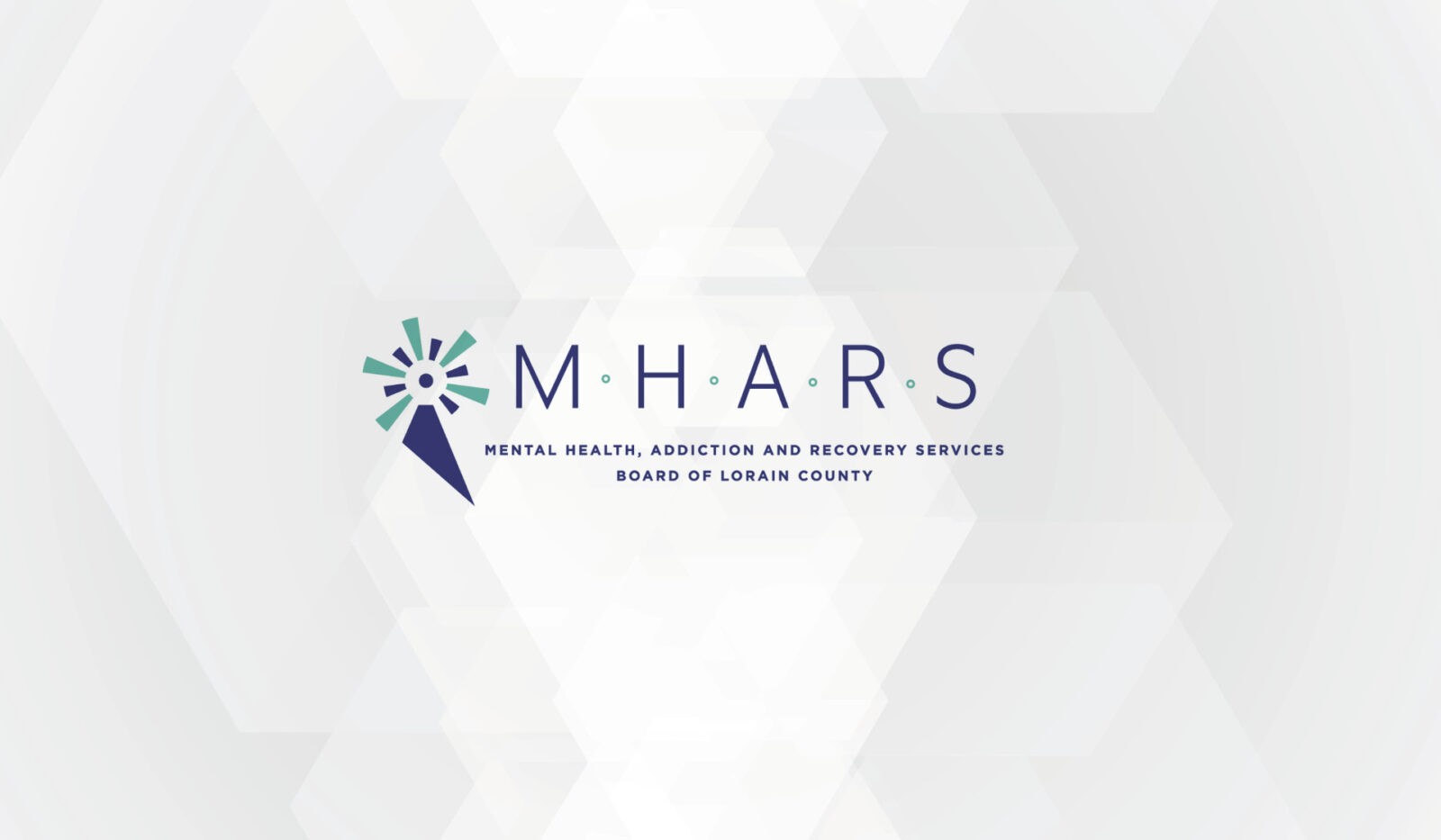Article by: Dave O’Brien – The Chronicle-Telegram
The Mental Health, Addiction and Recovery Services Board of Lorain County voted Thursday to commit $4 million in funding to the Lorain County Crisis Response Project for the Crisis Stabilization Center.
The board also committed nearly $4.9 million in service payments for uninsured patients there over the next five years, as well as another $680,000 annually every year after that for provided services.
The planned center will be a $8.2 million, 32-bed facility where families, hospitals or police can send those in immediate mental health or substance abuse crisis for up to 23 hours for observation until a bed at a treatment or other mental health facility can be found or other services provided.
The plan would keep people with mental health crises or drug addiction issues out of local jails or hospitals, which historically have been among the few places police or first responders can take them.
“This is a truly important project that the county needs,” board member and Finance Committee Chairman Jim Schaeper said during the board’s Zoom meeting Thursday, “and we do have the funds to let this project go forward.”
MHARS Board interim Executive Director Elaine Georgas said the current plan is a modernization of the Recovery One project, a planned partnership between county officials, mental health and recovery organizations.
Officials planned to put Recovery One in the county-owned former Golden Acres nursing home on North Ridge Road in Amherst Township, but voters rejected a levy that would have provided $2 million annually for that purpose in the November 2018 election.
This new plan is a modernized one, and “continuing the need to find one ‘front door’ for anyone in crisis from a mental health or substance abuse issue,” Georgas said Thursday.
A steering committee made up of MHARS Board members, county commissioners, law enforcement personnel, and hospital and private foundation officials have been seeking funding and discussing program needs. Officials have looked at existing facilities to house the center, and at the costs to renovate them to provide 16 beds for patients in mental health crisis and 16 for those with substance abuse.
A preliminary proposal is to build the crisis center behind The Nord Center at 6140 S. Broadway in Lorain, Georgas said. The Nord Center’s current crisis center has only 12 beds and that number would nearly triple with the plans that are in motion, she added.
“We need that right place to go for someone in mental health or substance abuse crisis,” Georgas said. Jails and hospitals are “not the most efficient front door to get what they need.”
The crisis center would be a location where police could hand over those with mental health or addiction problems and quickly get back out on the road, as well as somewhere those in crisis could receive peer and professional support.
“This is an innovative model that shows success and helps other systems,” Georgas said, including busy hospitals, courts, nonprofits and shelters.
The MHARS board also received support for its plan from officials at the Peg’s Foundation who joined Thursday’s Zoom meeting.
Peg’s Foundation was founded by philanthropists Burton and Peg Morgan in 2001 and dedicated to “improving the lives of people with serious mental illness by investing in innovative projects in Northeast Ohio having national transformational impact.” The foundation makes grants totaling $5 million each year to such projects.
Rick Kellar, president of the Hudson-based Peg’s Foundation, and Thom Craig, director of mental health at Peg’s Foundation, said the Lorain County crisis center model of care can save lives, and Peg’s Foundation is part of a national effort to create what Kellar called a “crisis stabilization model” that serves people better while spending less money.
Kellar said best practices are those that “create ways around the courts and address the needs of those who broke the law on account of their illness so we don’t see them again and again and again at jail or in front of a judge.” That keeps the public, the police and the individuals and their families safe, he said.
“There are a lot of people in your county that need this help,” he told the MHARS Board. “Public-private partnerships have already been forged to get this moving” in what Kellar said might “ultimately be a game-changer for many other communities in the state to get involved in.”
Lorain County is “a great example of cross-systems collaboration: Police, commissioners, nonprofits, families and people came together for care about mental health and wellness,” Craig said. Others are “watching and learning from you because that’s the way we think we should do it in other places in Ohio.”
As part of the public-private partnership that is seeking to make the crisis center a reality, Commissioner David Moore also said he has a commitment from a donor – whom he didn’t identify – willing to give $1 million to the project.
“Right now it seems like everybody is starting to come together,” he said at the commission’s meeting Wednesday. “We’re in the middle of this so I’m not going to go into too much more detail except that it is starting to come together and it is something that not only this board but the nonprofits, this board and the hospitals will be very proud of.”
Moore told his fellow commissioners during their meeting Wednesday that after years of talk about the crisis center, he hopes to break ground in the next 12 months.
Commissioner Matt Lundy, who has been involved in the planning stages of the crisis center, said Thursday that Lorain County still has an opioid epidemic that has been overshadowed, and made worse, by the COVID-19 pandemic.
“A center like this is long overdue and badly needed, and the sooner we can move forward with this crisis response center, the better,” he said.
Feeding people into the criminal justice system ends up costing taxpayers more money, he said, citing a Nord Center study from several years ago that detailed the negative economic impact of the opioid epidemic on the county.
“People need to see that this is a worthwhile investment, a wise investment of taxpayer dollars,” Lundy said. “It’s critical for the community to get this project moving forward.”
Contact Dave O’Brien at (440) 329-7129 or dobrien@chroniclet.com. Follow him at @daveobrienCT on Twitter.







